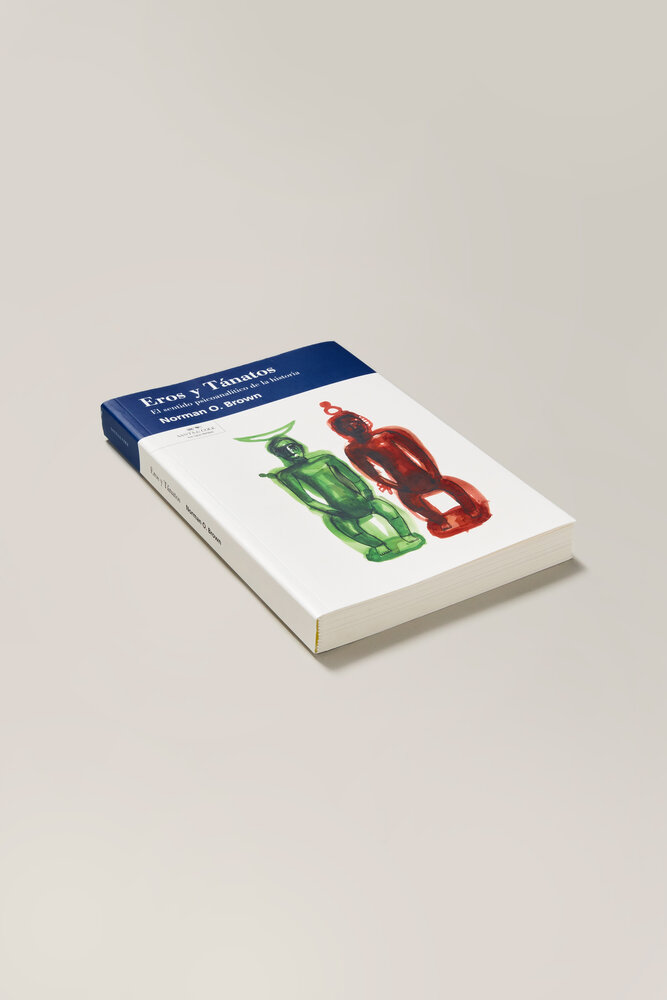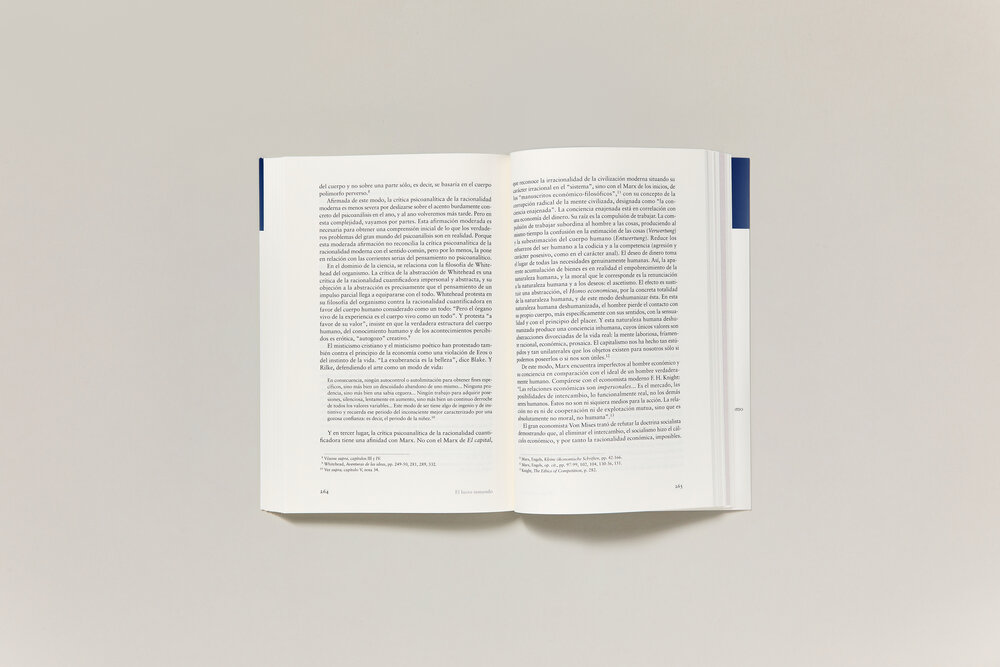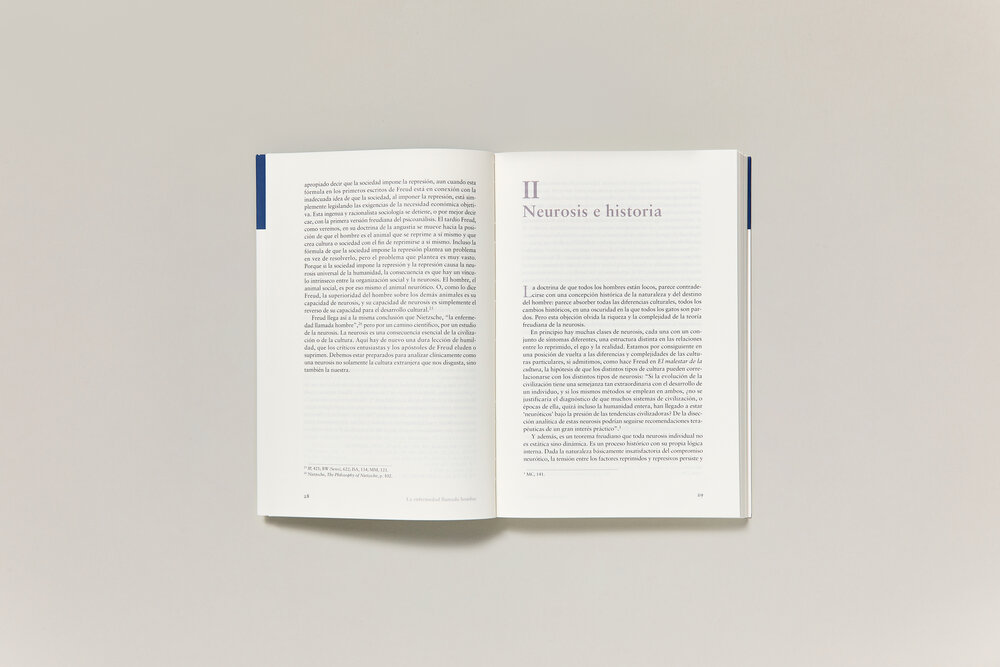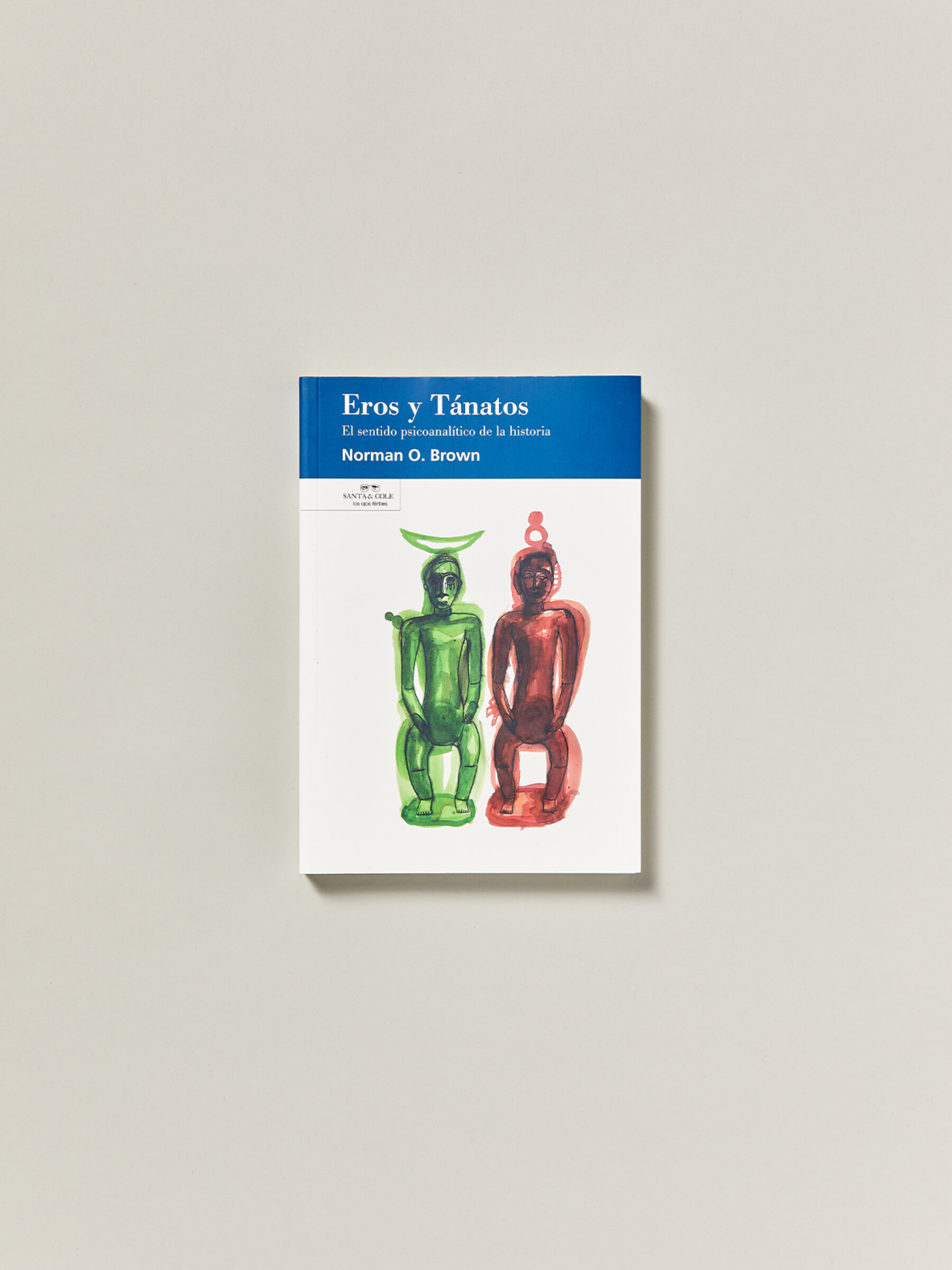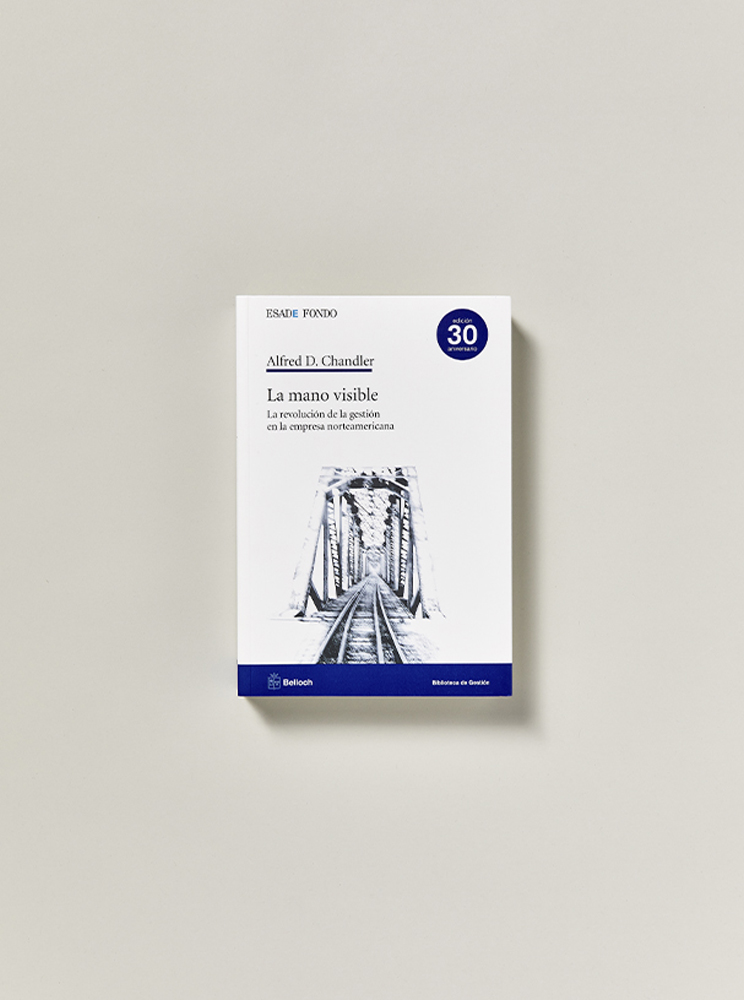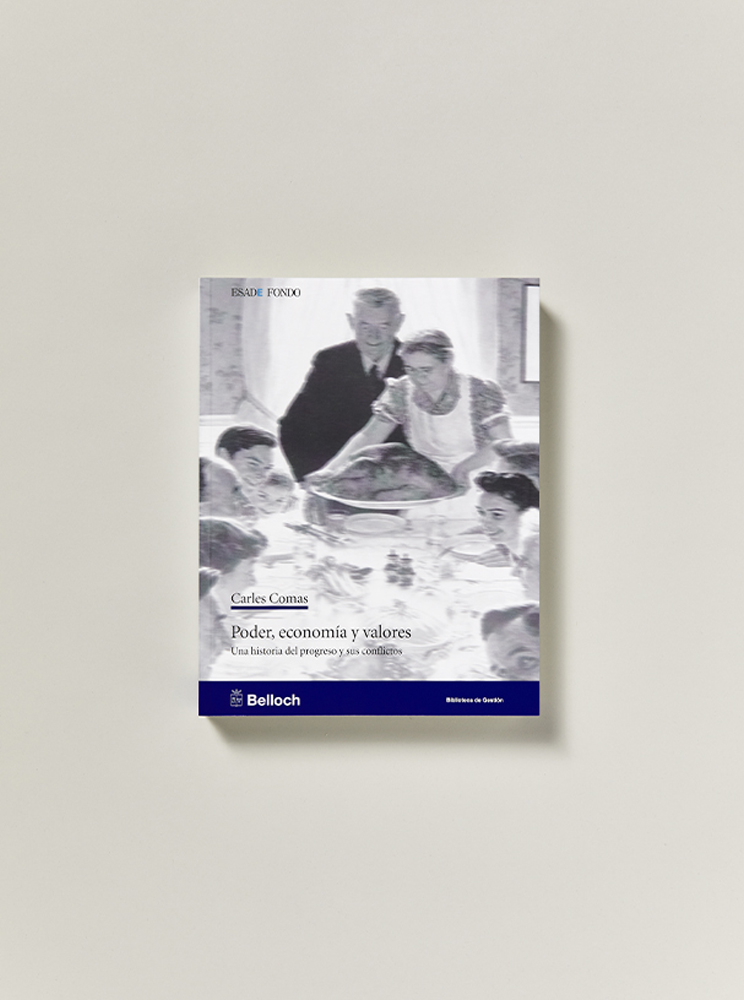Eros y Tánatos
Norman O. Brown
2007Eros y Tánatos
Biographies
Norman O. Brown
Norman O. Brown, (1913-2002), philosopher, social critic, professor of classical languages at the universities of Wesleyan and Rochester and emeritus professor of humanities at the University of California, had a fascination in the early 1950s for Freud’s theories and proposed going beyond psychoanalysis.
In "Life Against Death" (1959, published in this collection under the title Eros y Tánatos) he took that step, driven by “the need to renew thought on the natureand destiny of man”. Thanks to this book he was hailed -along with his friend Herbert Marcuse- as an intellectual leader of the counterculture movement that emerged in the United States in the 1960s, much to Brown’s dismay since he would rather have been known as a researcher and professor than a radical revolutionary.
Norman O. Brown
| 2007After following his colleague’s Marcuse advice, Norman O. Brown undertook the writing of this essay encouraged, as he states in his prologue, by the “need to reappraise the nature and destiny of man.” Working on the premises of psychoanalysis, Brown adapts and reinterprets Freudian theories, criticizing their dualism, the separation between soul (psyche) and body. As a consequence of this separation, each individual suffers of repression, the “universal neurosis of mankind,” and history, led by a collectivity of individuals, goes through an analogous process of repression. History seen as neurosis, and in particular, Brown presents the rise of capitalism as the key moment of that neurosis.
Thus, in Eros y Tanatos (Life Against Death), Brown goes over the Freudian theories of repression, of the instincts, the stages of infantile sexuality, and the theories of sublimation and offantasy, to finally put forward a “way out”: the dialectical reunification of life and death, the end of repression, the “resurrection of the body”.
ISBN 978-84-93426-3-5
O. Brown, Norman – 2007
Spanish
Paperback, 23.5 x 16 cm / 9.165″ x 6.24″
367 pp
Agotado
